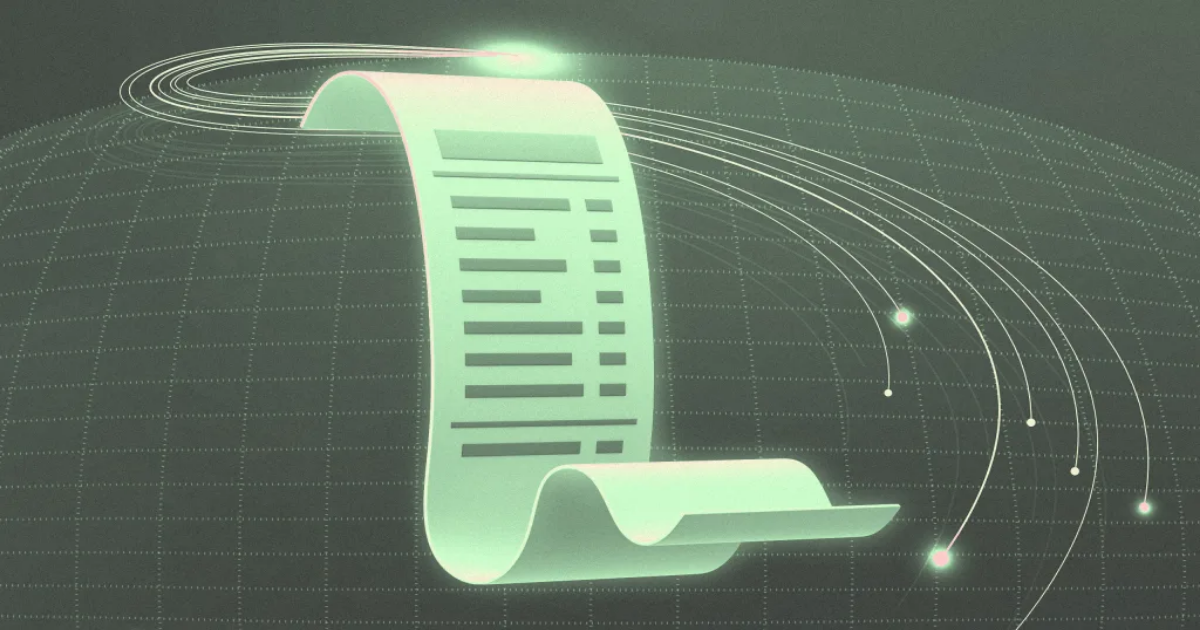As the European Union looks at how best to respond to Donald Trump’s trade war, officials are considering further escalating things, taking them to a point where it could really hurt Big Tech companies.
Sophie Primas, a spokesperson for the French government, said the EU is deciding on its response to Trump’s blanket tariffs that would include not just tech goods, but tech services as well, an area where the U.S. enjoys a massive trade surplus. That would potentially target companies like Google, Meta, Amazon, Apple, Microsoft and X.
Apple is already under pressure as tariffs on imported goods will likely result in higher prices for the company’s products, such as the iPhone and iPad, but Microsoft’s stock has largely escaped the drubbing other tech companies have seen on Wall Street since Trump announced the tariffs. (Shares are down just 5% in the past five days vs. 10% for Nvidia and 18% for Apple.)
That’s because Microsoft’s chief products are software and services, such as cloud storage and Microsoft 365. Should the EU place tariffs on those, it would cause more pain for tech companies, which are already sore after a series of tariff-inspired body blows in recent days.
Other examples of tech services include Google’s ad and cloud network; Meta’s ad network as well as the Quest (and digital store); Apple’s Music, Arcade and TV+ offerings; Amazon’s Web Services and Prime loyalty program; and X’s AI offering and planned financial services unit.
The EU, it’s important to note, has not imposed these reciprocal tariffs yet. On Monday, the European Commission said it had offered a “zero-for-zero” tariff proposal to Washington. Michal Baranowski, deputy economy minister of Poland, following a meeting by the Commission Monday, said EU officials did not want to be “trigger-happy.” (Elon Musk has espoused a similar zero tariff proposal, in a video call to Italy’s right-wing, co-ruling League Party.)
The White House has, so far, shrugged off talk of “zero tariffs,” with Peter Navarro, Trump’s top trade advisor who is seen as the architect of the tariff plan, dismissing Musk as a “car assembler” that relies on parts from other countries.
Expand to continue reading ↓
Chris Morris is a contributing writer at Fast Company, covering business, technology, and entertainment, helping readers make sense of complex moves in the world of tech and finance and offering behind the scenes looks at everything from theme parks to the video game industry. Chris is a veteran journalist with more than 35 years of experience, more than half of which were spent with some of the Internet’s biggest sites, including CNNMoney.com, where he was director of content development, and Yahoo! Finance, where he was managing editor More
